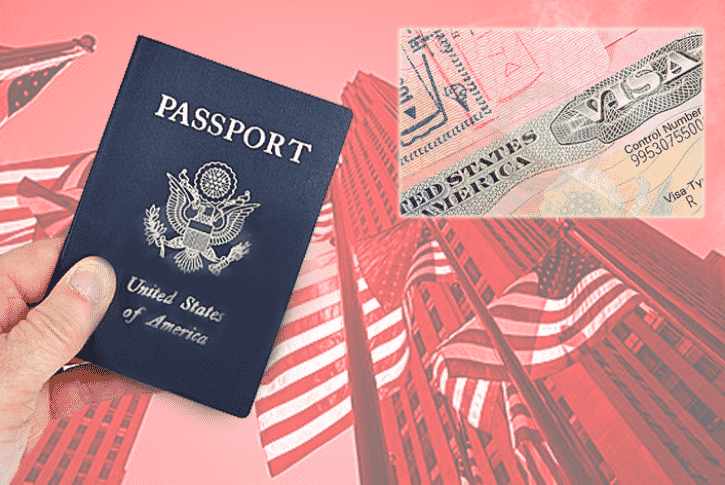07
January
0
Comments
Is H-1B Critically Flawed and Can We Fix It?

JANUARY 07, 2019

H-1B is an often criticized and controversial immigration program, attempting to address a shortage of skilled workers in the US. But does the H-1B program achieve this goal appropriately, and if not, what are potential solutions?
Sam Trimbach, Managing Editor of the Journal of International Law and Business,argues that not only does the program fall short of its goals, but it inadvertently perpetuates the problem it is attempting to solve. In his article, “Giving the Market a Microphone”, Trimbach notes that the H-1B program is intended to address a temporary shortage of skilled workers until the domestic labor force can meet the demand.
The critical flaw, he says, is that H-1B workers are only required to be paid at market level for their compensation. Trimbach says this creates a system with two substantial consequences: first, that it is often cheaper for US companies to replace their domestic workers with immigrants, and second, that it decreases the economic incentive for domestic workers to enter those fields, increasing the worker gap while decreasing the wages. In this way, the system builds upon itself: rather than temporarily addressing the skills shortage, it makes it worse. According to Trimbach, regardless of the merits or morality of the H-1B system, this fatal flaw makes it easier for companies to continuously hire foreign workers at the expense of their domestic labor force.
Trimbach does recommend several ways to address these problems, including adding more limitations to the H-1B program to make it harder for jobs to qualify, arguing that this will help prevent companies from abusing the program. Additionally, allowing greater mobility for H-1B workers themselves and increasing the required compensation for foreign workers would make the market value for those rise, thus enticing more US workers to join the fields, while economically discouraging companies from switching from US to foreign workers.
Citation: Trimbach, S. (2017). Giving the Market a Microphone: Solutions to the Ongoing Displacement of U.S. Workers Through the H-1B Visa Program. Northwestern Journal of International Law & Business, 37, 275–300.
H-1B天生存在缺陷?
H-1B签证常常受到社会各界的批评,争议不断。当初这一项目设立的目的在于解决美国技术工人短缺的问题。但这些年下来了,H-1B是否实现了这一目标呢,如果并没有,那还有其他解决办法吗?
“国际法和商业期刊”执行编辑Sam Trimbach认为,H-1B不仅没有实现其当初设立的目标,而且还无意中使把问题严重化。Trimbach在他的文章“给市场一个话筒”中指出,H-1B计划旨在解决技术工人暂时短缺的问题,当社会劳动力的需求满足之后,H-1B计划就该停止。
他指出,H-1B的缺陷在于,H-1B工人只需要获得市场水平的工资就可以。这就造成了两个严重后果:第一,美国公司用移民来取代本地工人的话,成本变得更便宜; 第二,它降低了本地工人进入这些领域的经济动力,增加了工人之间的工资差距。这样下来,H-1B就自成一个系统,一来并没有解决技术工人短缺的问题,二来还使情况变得更坏。根据Trimbach的说法,无论H-1B计划的种种优点或好处如何,所存在的缺陷会使美国公司不断利用廉价的外国工人劳动力来取代牺牲国内劳动力。
Trimbach确实也推荐了几种方法来解决这些问题,包括为H-1B计划增加更多限制,使申请者更难获得工作资格,并认为这将有助于防止公司滥用该计划。此外,增加H-1B工人的流动性并提高对H-1B工人的最低工资要求可以让他们的市场价值上升,从而吸引更多的美国工人加入这些工作领域,同时能够防止美国公司偏向雇用外国工人。




